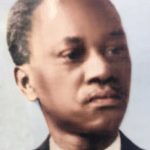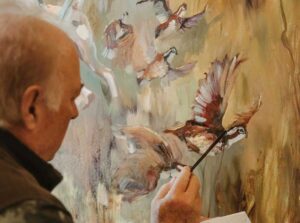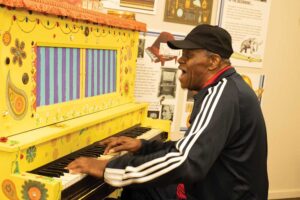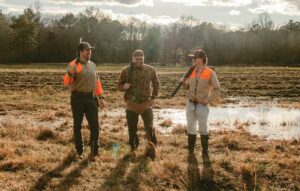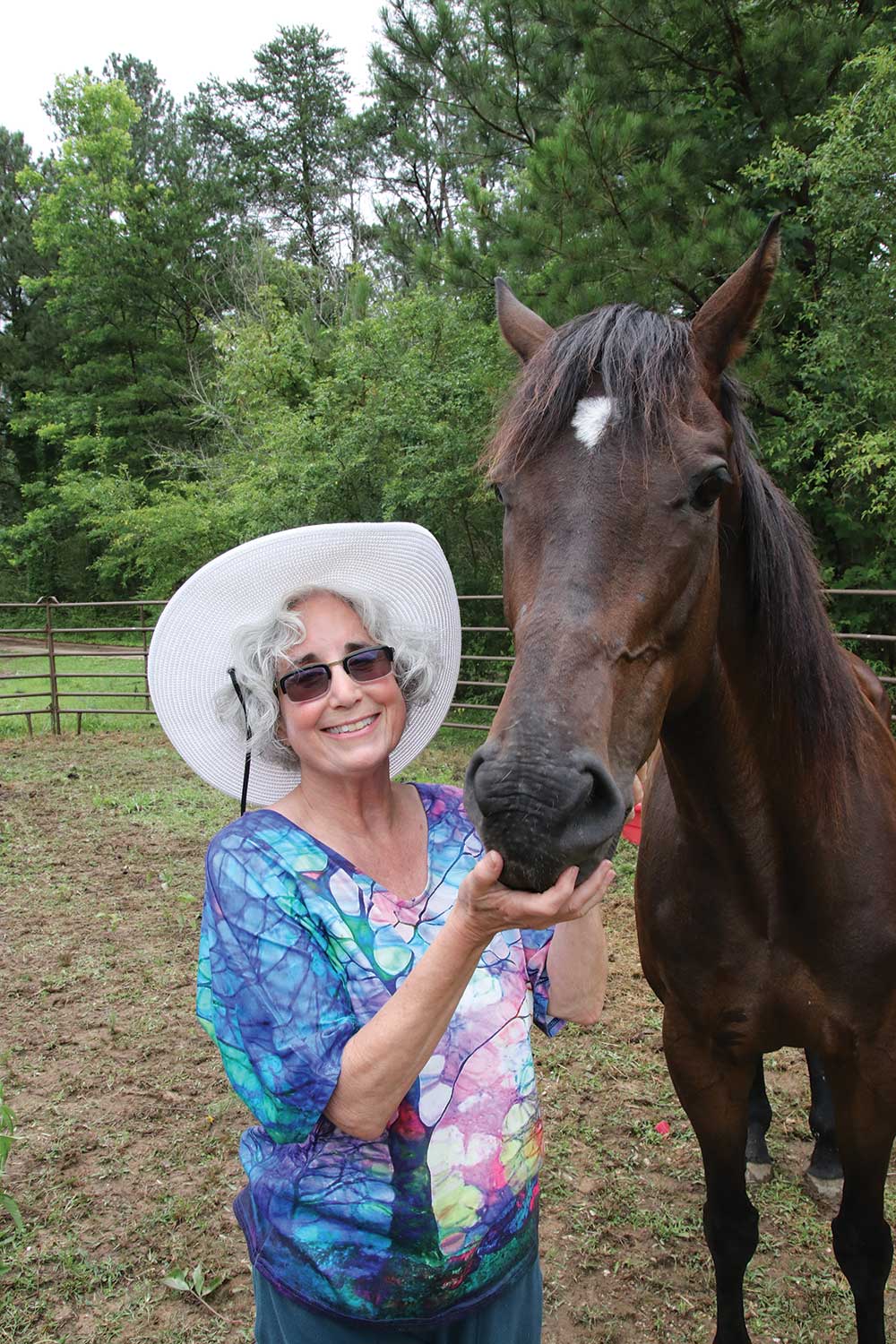
Springville author pulls back curtain on untold stories of Civil Rights Movement
Story by Scottie Vickery
Photos by Graham Hadley
Submitted photos
Author T.K. Thorne was just a baby when her mother and grandmother attended secret meetings of White residents who were willing to drive Blacks to work during the bus boycott in Montgomery. It was a bold move – and a dangerous one – during a time when the Ku Klux Klan ruled with threats and violence.
“After one meeting, a cross was burned in my grandparents’ yard,” Thorne said. “My grandfather, who was a very gentle man, borrowed a shotgun and sat up all night. It was not until years later that I learned of my grandmother and mother’s courageous stance for civil rights.”
Although her family’s story didn’t make the pages of her newly released book, Behind the Magic Curtain: Secrets, Spies, and Unsung White Allies of Birmingham’s Civil Rights Days
(NewSouth Books), Thorne shares many little-known or untold stories of White citizens who quietly or boldly influenced social change.
“Much of the truth of Birmingham in the civil rights era is ugly, plain and simple. This book is not an attempt to revise that truth,” Thorne wrote in the book’s introduction. “The darkness, however, is always what allows the light. And in Birmingham’s darkness, individual lights grew – some from shades of gray that bloomed into sparks, some lanterns of courage.”
Thorne, who lives with her husband, Roger, on 40 acres on Straight Mountain just above Springville, said she was first approached via email by four Birmingham men – Bill Thomason, Karl Friedman, Doug Carpenter and former Birmingham News reporter and photographer Tom Lankford – about writing the book. They wanted to tell the stories “of those who worked for peace and racial progress under extraordinary circumstances in extraordinary times,” she wrote in the book’s preface.
That led to eight years of intense research, during which she interviewed 50 people, read numerous books, combed the archives of several newspapers and watched many video interviews in the Birmingham Civil Rights Museum’s collection. The process seemed overwhelming at times, and the book includes 682 footnotes, which, along with the bibliography, take up 32 pages.
“The research and writing were interwoven,” she said. “One would make me have to do the other. The biggest challenge was the time frame. I had all these vignettes, but I felt it was my responsibility to use them in a chronological way that made sense.”
During the writing process, Thorne said she realized just how much we can learn from history. “There were some power players who made a huge difference, and there were other players, like women who were not in powerful business positions, who found ways to make an impact,” she said. “The lesson to me is that it doesn’t matter who you are, you can make a real difference.”
Finding her voice
The path to author was a winding one for Thorne, who grew up as Teresa Katz in Montgomery. Her father, Warren Katz, taught her to question everything, and her mother, Jane Katz, was the state chairperson for the League of Women Voters. Her mother exemplified, among other things, the principle that “one’s primary responsibility in life is to make the world a better place,” according to Thorne.
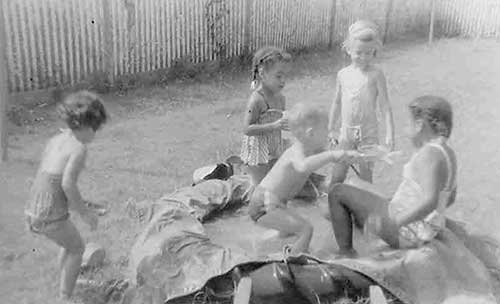
After abandoning her childhood dream of becoming an astronaut in order to meet aliens, Thorne briefly considered a career as a writer after her grandmother, Dorothy Merz Lobman, helped her fall in love with books and stories. “By the time I was 15, I knew that was where my heart was, but I also knew making a living at that was a longshot,” she said.
Thorne, 67, eventually earned a master’s degree in social work from the University of Alabama, and after landing a job as a grant writer for the Birmingham Police Department in 1996, she was tasked with applying for funding for a computer-aided dispatch program. In order to better understand the need, she rode along with police officers. The grant was awarded, the department got its first computer, and Thorne applied for the police academy.
“I enjoyed not knowing what was going to happen next,” she said. “I just wanted to try it. I had no idea it would turn into a career.” She served more than 20 years with the department, working as a patrol officer and detective and climbing the ranks before retiring as captain of the North Precinct and becoming executive director of Birmingham’s City Action Partnership, a position she held for 17 years.
Through it all, she never stopped writing. Her first three books were published while she was still juggling the demands of a full-time career, which she left in 2016. She’s published two award-winning historical novels, Noah’s Wife and Angels at the Gate, and the first two books in a trilogy (House of Rose and House of Stone) are set in Birmingham and feature heroine Rose Brighton, a police detective who discovers she is a witch.
Her first nonfiction endeavor, Last Chance for Justice, focuses on the investigation of the 16th Street Baptist Church bombing in 1963. Thorne said she thought that book was the reason she was approached by the four men – three of whom died before the book was published – about writing Behind the Magic Curtain.
“I asked them if they were making the mistake to think that I was a civil rights expert because I wrote that book, because that wasn’t true,” she said. Instead, Bill Thomason told her it was her Noah’s Wife that convinced him she was author for the job. “He said, ‘Anybody who could write about a woman who has been dead for thousands of years and make me believe that’s how it happened can write this book,’” Thorne said with a laugh.
Pulling back the curtain
She wasn’t convinced she’d take on the project until she read some of the notes Lankford had written during his time covering the Civil Rights Movement. Lankford, who passed away in late 2020, was a controversial journalist who was embedded with law enforcement and worked with local police and FBI agents in secret wiretapping and intelligence operations.
In addition to his detailed notes and journals, he had an amazing memory, Thorne said, adding that the first notes he shared made the decision to write the book much easier. “I was hooked,” she said. “I was just so intrigued, and I realized this man was on the in-inside. That began the journey of researching this book.”
As captivated as she was, Thorne was also a little wary. “That I relied extensively on (Lankford’s) memories and notes does not mean that I endorse all his methods or actions,” she wrote in the book’s preface. Despite the controversy surrounding his methods, Thorne said Lankford’s unique perspective gave him the ability to document the events of the time in a way no one else could.
“I think the closest thing I could say about what motivated him is that he was driven by wanting to tell the truth,” Thorne said. “He admitted to me that he crossed the line as a journalist; he was too close to his subject matter. But he said, ‘I wouldn’t take a bit of it back.’”
While researching the book, Thorne relied on the skills she learned in the police department. “The job of a detective is to discover what the truth is and trying to tell it without bias,” she said. Many of the truths she discovered involved White leaders of the Jewish, Christian, business and education communities; others were just White citizens who followed their hearts. Regardless of their standing in the community, they all “quietly and moderately or openly and boldly” worked for change.
The following vignettes are among those she shared:
Karl Friedman, an attorney and one of the men who approached her about writing the book, “had many deep friendships across the color line,” Thorne said. One of those friends was J. Mason Davis, a young Black civil rights attorney. Friedman and attorney Jack Held often ate lunch out of the courthouse’s vending machine with Davis, who wasn’t allowed in a downtown restaurant. Later, all three became partners at Sirote & Permutt, of which Friedman was a founding partner. Friedman hosted many meetings of Black leaders at his home, and a bullet was shot through the front window as a result.
Eileen Walbert knocked on doors in the Black Rosedale community of Homewood to encourage the residents to help integrate the White schools. She picked the children up and took them to school and often brought them home with her so they could swim in her backyard pool. Having a cross burned in her yard and receiving threatening calls from KKK members did not deter her. “I was learning how to be brave,” she said in a 2014 interview with the Homewood Star. “A bully, if you let them know you’re not scared, they’ll back off.”
Paul Couch, a detective with the Mountain Brook Police Department, was moved to action on his day off when he heard about the murder of 13-year-old Virgil Ware, who was killed the afternoon of the 16th Street Baptist Church bombing that killed four young girls. Virgil was riding on the handlebars of his brother’s bicycle when two 16-year-old White boys on a red motorcycle shot him with a .22 pistol. Couch followed a hunch and drove around the Fultondale area to look for the shooters, Thorne said. After he copied down the motorcycle’s tag number, the case was solved in two days. The shooters received probation.
White people in a green car came to the aid of James Ware after his brother was shot. After seeing James on the road with Virgil’s body, they asked the teenager if there was anything they could do to help. James asked them to go find his mother and bring her to the scene, which they did. More than three decades later, James still remembered the act and said, “I would like to thank the White people in the green car – whoever they are, for helping me and my family that night.”
A quiet home
Thorne wrote the book from her mountaintop home, a beautiful place that reminds her of her childhood visits to Virginia and Clifford Durr’s farm at “Pea Level” on Corn Creek in Wetumpka. The Durrs were longtime family friends, and she has many special memories of the cabin there, including the time she sat on the front porch with Rosa Parks, whose refusal to give up her seat on the bus sparked the Montgomery bus boycott. Clifford Durr, an attorney, was one of the men who bailed Parks out of jail and later served as her counsel.
For the most part, though, Thorne remembers the fun she had playing in the creek and climbing on the nearby boulders. “That was my favorite place in the world,” she said. That’s why, when a real estate agent showed them the land and the nearby Locust Fork of the Black Warrior River, Thorne was sold. “We’re going to live here,” she told her husband.
It proved to be the perfect spot to quarantine, finish the book and reflect on the lessons she’s learned and the impact she hopes it will make.
“The main thing I learned is it’s complicated,” she said. “We are wired as human beings to want the simple story. We want heroes and bad guys. That simplified version of history is an illusion, though, and that is true of all history. We need to learn from that because if we can understand our history, we can better determine our present and our future.”












